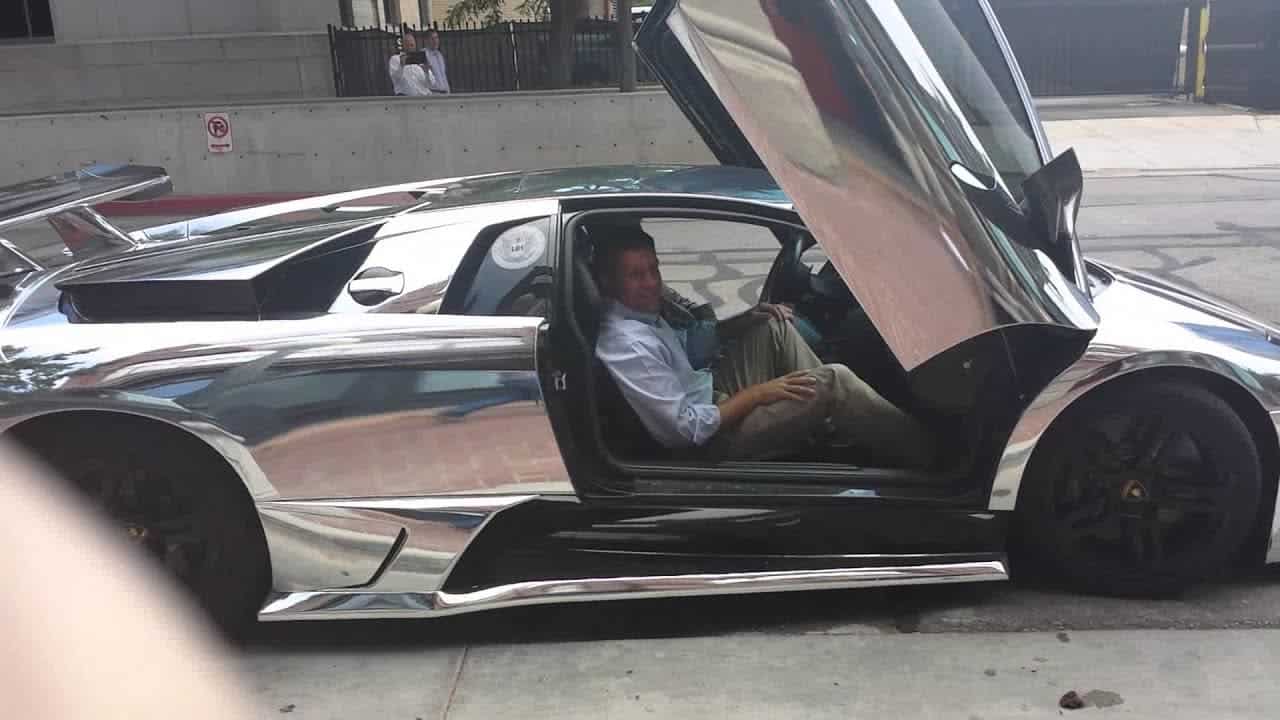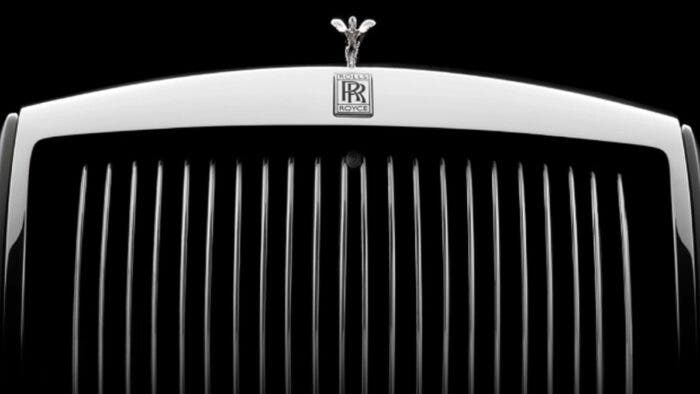The European Union (EU) has recently proposed a plan to ban the use of chrome plating materials from 2024. According to the EU, this proposal is necessary because of health reasons. The ban is expected to have a huge impact on the design of cars and other products that use chrome plating. However, there are other options that can substitute for this material.

Reason for the proposed ban
The EU is proposing a ban on chrome plating due to health concerns associated with hexavalent chromium. This is a toxic chemical used in the production of chrome plating materials. Hexavalent chromium is a known carcinogen, meaning it can cause cancer in humans. According to IT Home, this is 500 times more toxic than diesel emissions. The production of hexavalent chromium also releases carcinogens into the air. According to Carscoops, this can have negative effects on the environment and public health. IT Home also reports that there is currently no safe way to produce chrome-plated materials. This is because all known processes produce toxic exhaust fumes.
What is the potential impact of the chrome plating ban?
The proposed ban on chrome plating should have a huge impact on the design of cars and other products. These are mostly products that use chrome plating. According to Carbuzz, chrome plating is a popular finishing material used in the car industry. The material gives cars a shiny, reflective surface. According to ITHome, it is also used in aerospace and construction for its durability and corrosion resistance.
If the ban holds, brands will need to find alternative finishing materials that are both safe and effective. This could lead to changes in the design of cars and other products, as brands may need to use different materials or coatings to achieve the desired look and performance. Carbuzz reports that this could lead to higher costs for brands that use the material. This is because they will need to invest in new lineups to comply with the ban.
In Europe, the ban would have an equally big impact. Renault design chief Gilles Vidal doesn’t think that’s a bad thing, at least when it comes to car design. He said
“There are some non-polluting solutions being researched, but I hope we can move away from chrome,” … “It’s time for us to change the game and open up our minds. There are more sustainable alternatives.”
Gizchina News of the week

What are the available options?
There are several options to chrome plating that can be used in various industries. Here are some of the alternatives:
1. Nickel Plating:
Nickel plating is one of the most commonly used options to chrome plating. Team Bhp reports that it offers a similar corrosion resistance and durability as chrome plating. Team Bhp also claims that nickel plating is also more cost – effective compared to chrome plating.
2. Zinc – Nickel Plating:
Zinc – nickel plating is another option to chrome plating. Carbuzz claims that it offers excellent corrosion protection and wear resistance. Zinc – nickel plating is often used as an option for cadmium plating.
3. Thermal Spray Coatings:
Thermal spray coatings, such as tungsten carbide coatings, can be used as options for hard chrome plating. Car Scoops reports that these coatings provide similar wear and resistance qualities as chrome plating.
4. Electroless Nickel Plating:
Electroless nickel plating is a process that deposits a uniform layer of nickel onto a substrate without the use of an electric current. IT Home claims that its corrosion and wear resistance is very high and can be an option to chrome plating.
According to IT Home, other options are powder coating, anodizing and painting. A
Conclusion
The proposed ban on chrome plating materials by the EU from 2024 is driven by health concerns associated with hexavalent chromium, a toxic chemical used in the production of chrome plating materials. The ban is expected to have a significant impact on the design of cars and other products that use chrome plating. Manufacturers will need to find alternative finishing materials that are both safe and effective, which could lead to changes in the design of cars and other products, as well as increased costs for manufacturers. However, there are several alternatives to chrome plating that are already in use in various industries, such as electroless nickel plating, powder coating, anodizing, and painting. Manufacturers will need to evaluate these alternatives and determine which ones are best suited for their products and processes.





